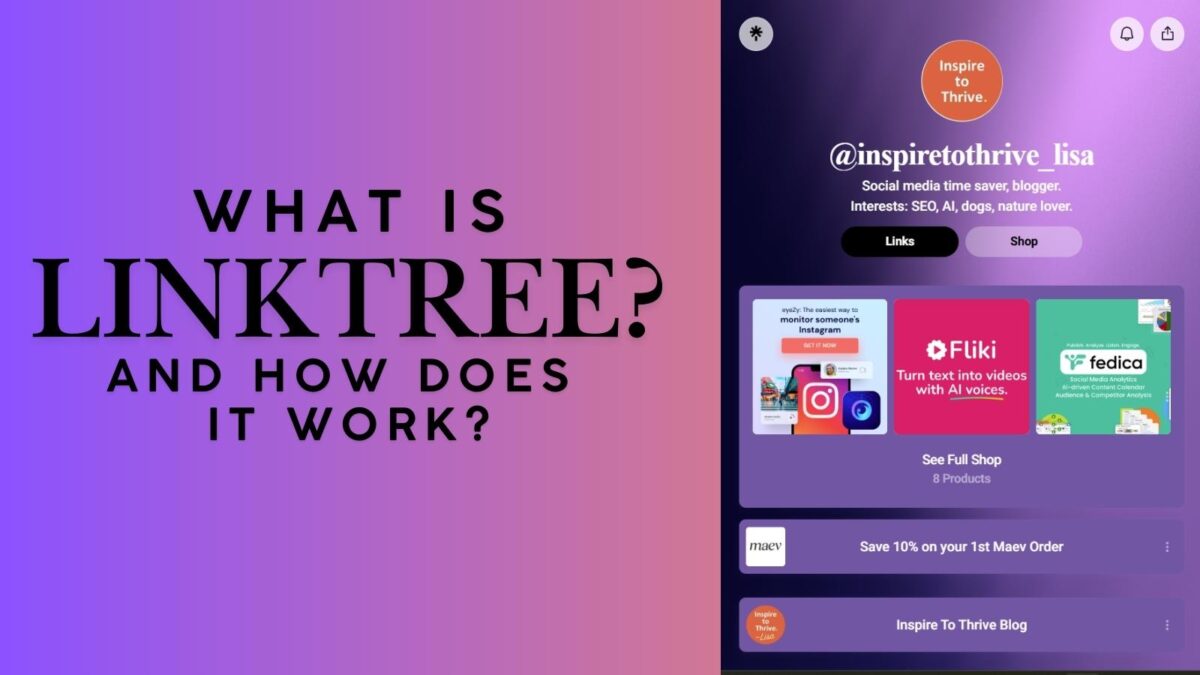Developing a strong B2B SEO strategy is essential for remaining competitive in the always-changing field of digital marketing in 2025.
Understanding and putting into practice a comprehensive SEO plan can greatly improve online exposure. A plan can create targeted traffic, and eventually promote commercial success as companies continue to traverse the digital shift.
Nowadays, SEO has become one of the most important marketing avenues, as for 68% of individuals online, the journey toward their intent starts with search engines.
These are the top five tactics to build a profitable B2B search engine optimization strategy in 2025.
Table of Contents
Give High-Intent Keyword Research Top Priority
If you take to the internet and look for guides that focus on how to do SEO for B2B companies, they all start with keyword research as a top priority. And for a good reason!
Effective SEO strategies are built on the foundation of keyword research. However, concentrating on high-intent keywords is essential for B2B businesses as it can bear the most fruit.
If you are wondering what high-intent keywords are, we have you covered. When prospects are getting closer to making a purchase, they utilize certain expressions, and if you know which those are, you can better plan your SEO strategy.
You can start by examining competitor websites, social media platforms, and industry-specific forums to find these gold nuggets.
Search volumes and degrees of competition can be found with the help of tools like SEMrush, Ahrefs, and other free keyword tools you can find by searching online.
Therefore, focus on high-intent keywords will help you drive more qualified traffic to your website.
User Experience (UX) Optimization
Search engines are rewarding websites with excellent user experiences in their algorithm upgrades. This entails having a simple layout, easy navigation, and quick loading times for any website, not just B2B ones.
Going on, given that a large percentage of B2B searches are conducted on mobile devices, mobile SEO is therefore non-negotiable. Make the required modifications to your website’s performance by using tools such as PageSpeed Insights.
In addition to helping you keep visitors on your website longer, an improved user experience tells search engines that your website is reliable as a source of information.
How Does E-E-A-T influence B2B SEO?
E-E-A-T (Experience, Expertise, Authority, and Trustworthiness) heavily impacts B2B SEO by shaping rankings and credibility. Search engines prioritize content from reliable, knowledgeable, and experienced sources. For B2B companies, this means producing accurate, well-researched material that reflects industry authority.
Demonstrating expertise through case studies, whitepapers, or testimonials reinforces trust with potential clients and signals search engines to boost your content. Regularly updating information and citing reliable sources also helps maintain credibility.
Bottom line: strong E-E-A-T practices make your site more trustworthy, rankable, and appealing to B2B audiences.
Make Use of Content Marketing: B2B SEO Strategy
SEO relies heavily on content. B2B companies will need to provide insightful, superior content. Content that speaks to the particular requirements and problems of their target market.
This entails creating in-depth case studies, white papers, blog entries, and videos that engage and educate prospective customers.
Remember that the objective is to position your company as a thought leader in your sector. Also, adding new content to your website on a regular basis demonstrates that it is relevant and active, which helps raise its search engine results.
Put Quality Backlink Building First
Backlinks are still a vital component of SEO rankings. But the caliber of these connections—rather than their quantity—should be the focus.
Getting backlinks from respectable trade publications, trade associations, and industry websites can greatly increase the authority of your B2B website.
Guest blogging, in which you write content for other websites in return for a link back to your own, is one successful tactic. Furthermore, producing shareable materials like market studies and infographics might organically draw backlinks.
Use The Best Practices For Technical SEO
The foundation for the health of your website is technical SEO. It’s crucial to make sure search engines can correctly index and crawl your website.
This entails applying schema markup for improved snippet visibility, enhancing URL structures, and optimizing site structure.
In addition, if you haven’t already, switch to HTTPS to address security concerns. In addition to safeguarding the information of your visitors, a secure website raises your search engine rankings.
Technical SEO audits can help you find and fix problems that could be preventing your website from operating at its best. So if you think that something is impeding your site’s performance, get in touch with an SEO agency and inquire about an SEO audit.
Conclusion: B2B SEO Strategies For 2025
Developing a successful B2B SEO strategy calls for a diversified approach. Businesses can improve their online presence and generate meaningful interaction by putting high-intent keyword research first.
They can generate more interactions by optimizing for user experience (UX), utilizing content marketing, concentrating on high-quality backlinks, and putting technical SEO best practices into effect.
Remember that SEO requires sustained investment. To achieve and maintain high search engine results, one must be patient, consistent, and flexible in response to the ever-changing digital scene.
With these tactics in place, your organization is set up for success in the digital age of B2B transactions.
FAQS: Building a Successful B2B SEO Strategy in 2025
Focus on content quality, technical SEO, backlinks, and user experience. Prioritize E-E-A-T (Experience, Expertise, Authority, Trustworthiness) for rankings.
E-E-A-T affects how search engines assess content credibility. Demonstrate expertise and trustworthiness through valuable insights and reputable sources.
Both matter, but long-tail keywords offer higher intent and less competition. Use them for niche and conversion-focused content.
Critical. Optimize headings, meta tags, and copy for relevance, while aligning with the search intent of your audience.
Still important. Aim for high-quality, authoritative links over quantity. Build natural links through partnerships and outstanding content.
Yes. Ensure your site is mobile-friendly, fast-loading, and easy to crawl. Structured data helps improve search engine understanding.
Always. Refresh outdated stats, improve structure, add new insights, and adapt for current search trends to keep content relevant.
Voice queries often use long-tail and conversational keywords. Optimize for natural language, relevant questions, and featured snippets.
- Powering Up Your Hyperlocal Social Media Marketing Company - March 1, 2026
- BlueSky vs Twitter (X): Similarities & Shared Features Explained - February 26, 2026
- How To Join X (Twitter) Chats And Inspire Others Along The Chat - February 26, 2026


